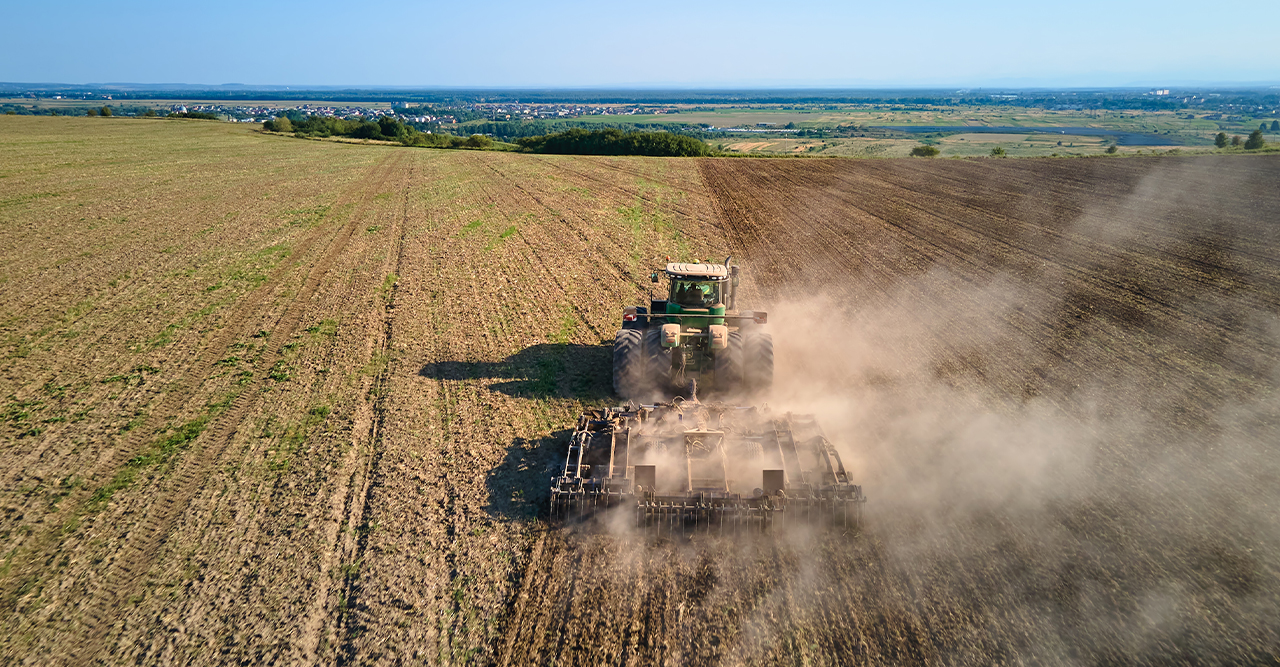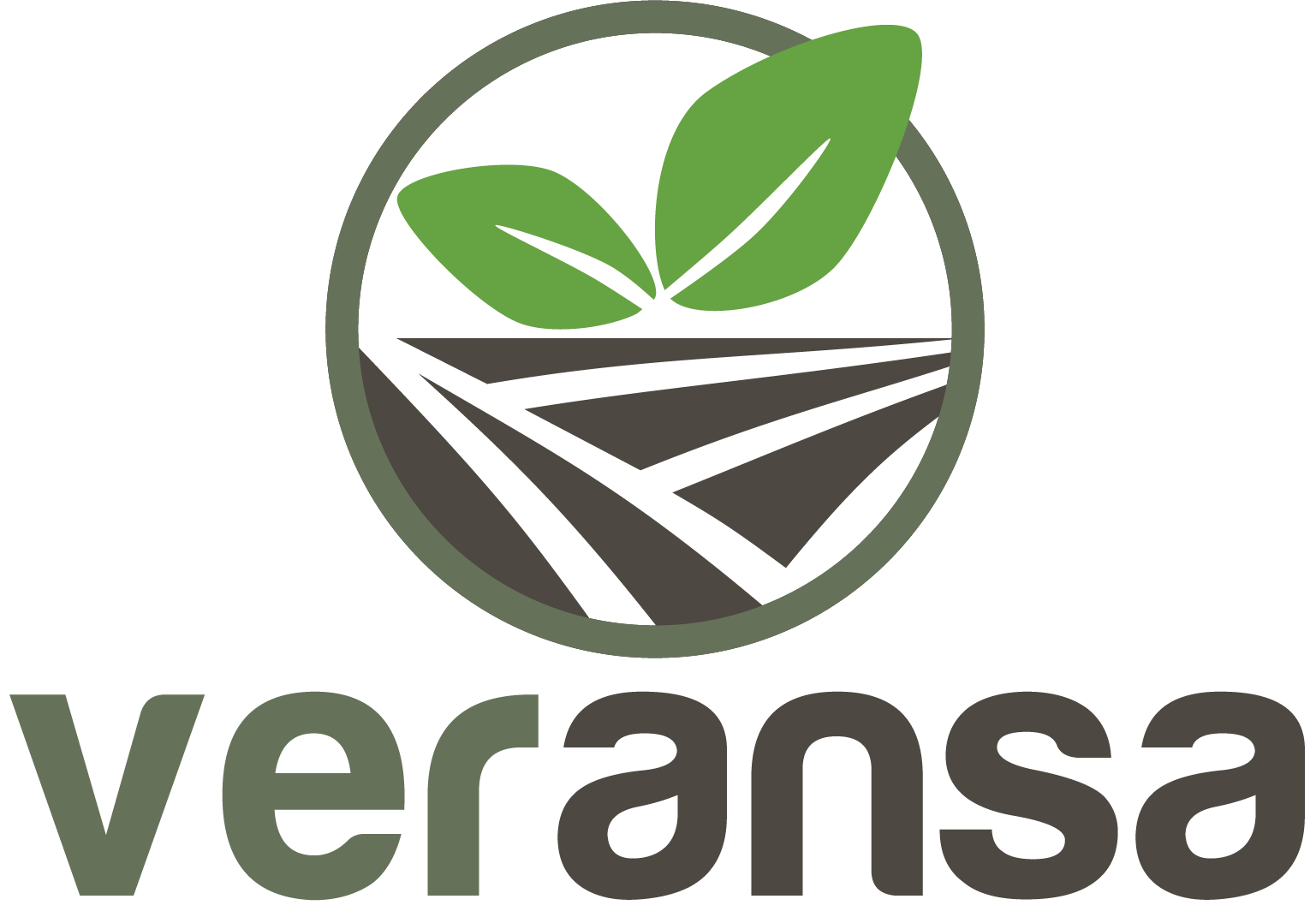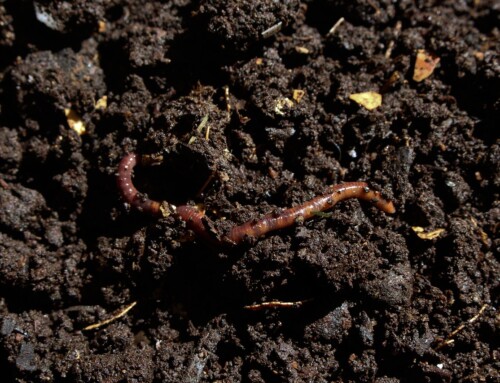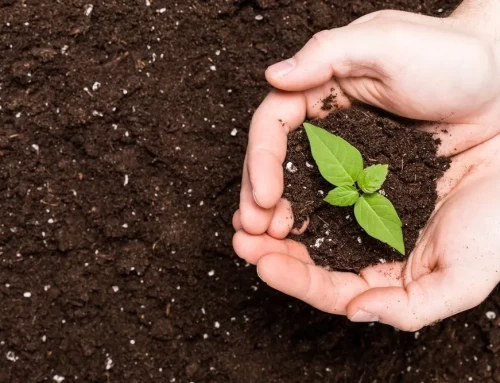In modern agriculture, compost is no longer just a soil amendment—it’s a powerful tool for enhancing productivity, improving sustainability, and boosting soil health. As farmers and landscapers look for ways to optimize their operations, compost is being used in creative and innovative ways that go beyond traditional applications.
From increasing water retention to reducing synthetic fertilizer use, compost is shaping the future of sustainable farming. Let’s explore some of the most effective and forward-thinking ways compost is being used today.

1. Precision Composting for Targeted Soil Improvement
Farmers are increasingly adopting precision composting, applying compost exactly where it’s needed most. By using soil testing data, they can determine specific nutrient deficiencies and strategically place compost to correct imbalances. This approach minimizes waste, optimizes nutrient absorption, and ensures healthier crops.
2. Compost as a Natural Mulch for Moisture Retention
In dry climates, compost is used as a moisture-retaining mulch, reducing evaporation and helping soil retain water for longer periods. A layer of compost applied around crops or trees acts as a protective barrier, keeping roots hydrated and reducing the need for irrigation. This technique is particularly beneficial for drought-prone regions.
3. Enhancing Carbon Sequestration and Soil Regeneration
Healthy soil plays a vital role in carbon sequestration, helping to trap carbon in the ground rather than releasing it into the atmosphere. Compost boosts organic matter levels, enriching soil with beneficial microbes that improve carbon storage. This process enhances soil fertility while contributing to climate resilience.
4. Compost Tea: A Natural Liquid Fertilizer
Many farmers and landscapers are brewing compost tea, an organic liquid fertilizer made by steeping compost in water. This nutrient-rich solution is then sprayed on crops, enhancing soil microbiology and boosting plant immunity. Compost tea provides an immediate nutrient boost while encouraging long-term soil health.
5. Restoring Degraded Land with Compost
In areas where soil quality has declined due to overuse, compost is being used to restore fertility. Land reclamation projects apply compost to revitalize depleted soils, introducing organic matter and microbial life back into the ecosystem. This practice is especially valuable in urban agriculture, erosion control, and post-construction landscaping.
6. Supporting Greenhouse and Hydroponic Systems
Compost is making its way into controlled-environment agriculture, including greenhouses and hydroponics. Blended with other growing media, compost provides essential nutrients and microbial diversity, supporting healthier root development and increased yields. This innovative use is helping farmers grow stronger plants in soilless systems.
7. Disease Suppression and Natural Pest Control
Compost naturally enhances the soil’s ability to suppress plant diseases and pests. The beneficial microbes in compost compete with harmful pathogens, reducing the need for chemical fungicides and pesticides. Farmers using compost-enriched soil have reported stronger, more resilient crops with fewer disease outbreaks.
Unlock the Full Potential of Compost
With these innovative applications, compost is proving to be an essential tool for modern farming and landscaping. Whether used for precision soil management, moisture retention, or boosting plant immunity, compost is transforming the way we grow food and care for our landscapes.
Find inspiration for your next project at www.veransa.com.



